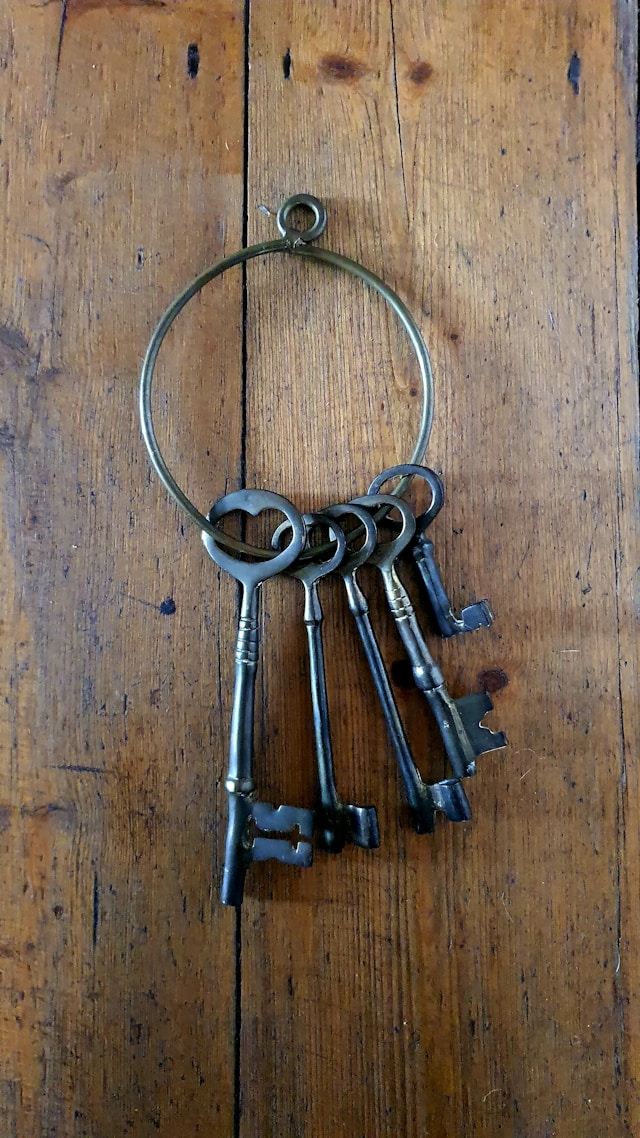During the Covid-19 pandemic, the United States prioritised the rapid development of products needed to combat the health crisis. Rapid product development was pursued through the use of a statute and implementing regulation in US law that permits the non-voluntary use of patents in dozens of US government contracts. After all, having to identify patent rights and negotiate licences would have seriously delayed the efforts to rapidly produce pandemic countermeasures. The use of the clause that enabled the non-voluntary use of U.S. patents was not specific to the Covid-19 crisis. Upon a closer examination, the clause had already been extensively incorporated in numerous US government contracts long before the onset of the Covid-19 pandemic.
Legislative Framework
The US law, statute 28 U.S. Code § 1498, allows the US government to use or authorise third parties to use any U.S. granted patent, without permission or even notice to patent holders, so long as the use is “by or for” the government. In many cases, the implementation of 28 US Code § 1498 is facilitated through the U.S. Government’s Federal Acquisitions Regulations (FAR), specifically, the clause FAR 52.227-1, titled “authorization and consent,” which grants authorisation and consent to use any inventions covered by a U.S. patent.
When FAR 52.227-1 is incorporated into a contract, a company can utilise a patented invention without the obligation to specify which patent(s) they intend to use and without the obligation to even inform the patent owner of the non-voluntary use. FAR 52.227-1 can be included in US government contracts in a variety of ways. While the text of the regulation can be included in a contract, it’s more common for the contract to simply reference the inclusion of FAR 52.227-1. Typically, the clause is included by reference rather than explicitly stated. However, referencing FAR 52.227-1 carries the same legal weight and impact as if the entire clause had been fully articulated in the contract itself.
It is important to note that FAR 52.227-1 does not impose any restrictions on imports or exports, and indeed, in some cases, a product manufactured in the U.S. under a FAR 52.227-1 clause may be exclusively destined for export markets.
Database of FAR 52.227-1 Contracts
Knowledge Ecology International, a non-governmental organisation with expertise in the field of intellectual property and access to medicines has compiled a database featuring over 350 contracts. This database includes a variety of US government contracts that, whether explicitly or through reference, integrate FAR 52.227-1. The contracts within the database are divided among different executive branches of the U.S. government, including entities like the Department of Health and Human Services (HHS), the Department of Defense (DOD), the Department of Homeland Security (DHS), and many others.
The contracts provided in the database are not limited to biomedical contracts and span various sectors, including agricultural, environmental services, energy, aerospace vehicles, and many others. This information is now also included in the Medicines Law & Policy TRIPS Flexibilities Database.
Unlike in other countries where decisions on non-voluntary patent use often necessitate approval from high-ranking government officials or patent offices, the US has a highly decentralised system, where tens of thousands of contracting officers have the authority to include a FAR 52.227-1 reference in a contract, to permit the non-voluntary use of patents across a wide range of contexts and industries.
Arianna Schouten is Senior Researcher at KEI. Before joining KEI, Arianna was a legal assistant of European Competition Law at Stibbe, a Benelux law firm in Amsterdam. Additionally, she researched the implementation of Trade-Related Aspects of Intellectual Property flexibilities in national law for Medicines Law & Policy.
